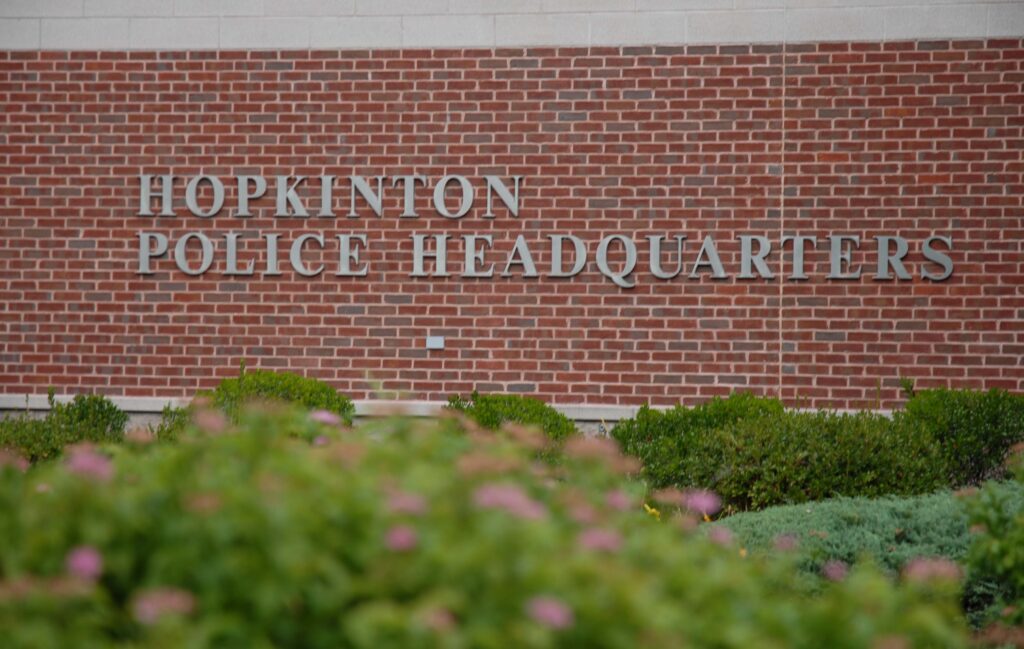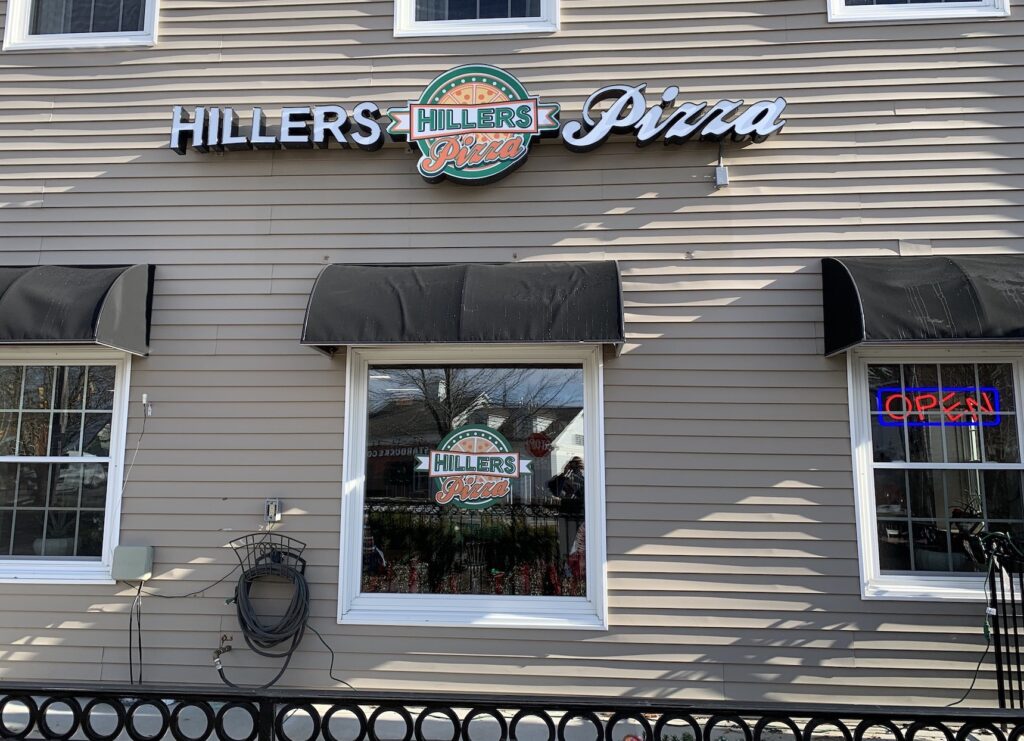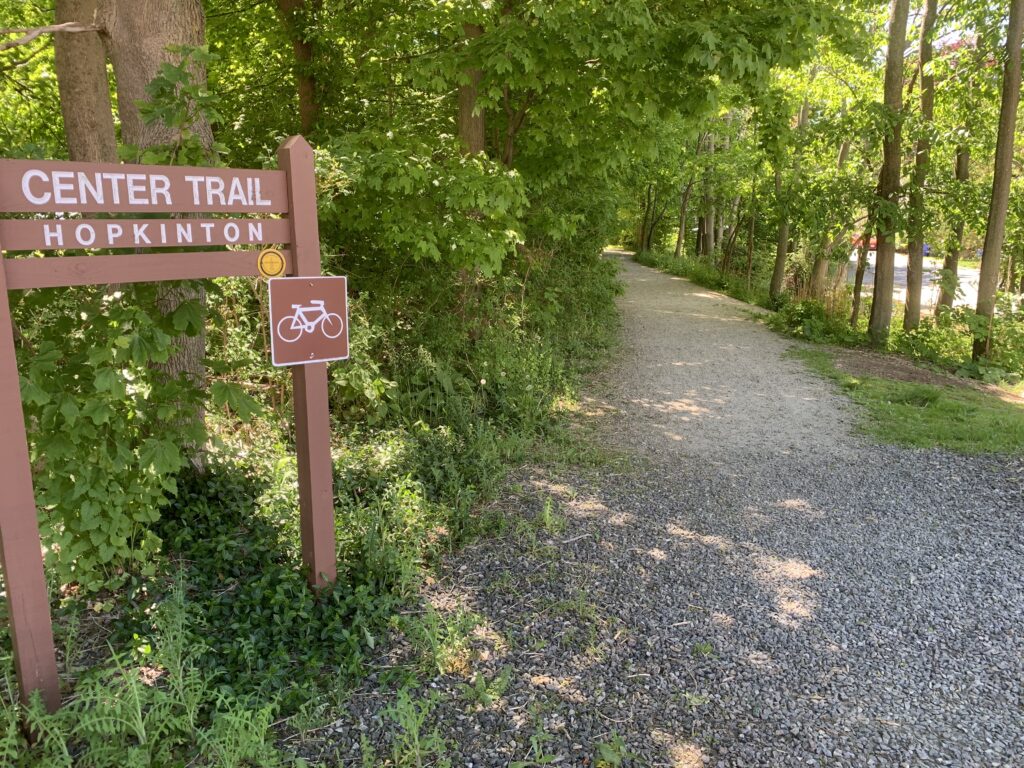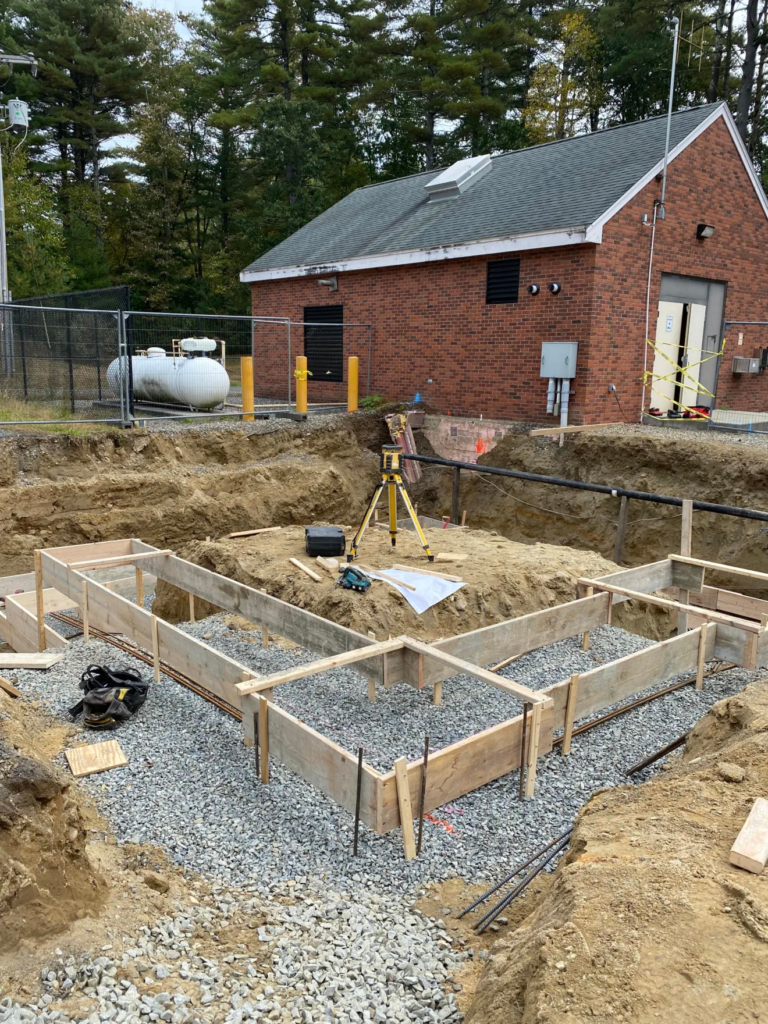The Planning Board on Monday heard a final report presentation prepared by the Growth Study Committee that recommended a number of initiatives to encourage development in Hopkinton, including the hiring of an economic development director.
Growth Study Committee members Fin Perry and Chuck Joseph gave the presentation at the direction of the Planning Board. It is a comprehensive look at trends and strategies to proactively manage growth, including increasing housing density downtown and growing emerging industries along the 495 industrial corridor.
The board members also expressed enthusiasm over the recommendation to hire an economic development director to seek new business opportunities for the town, although no vote was taken. The study will be discussed in further detail at the board’s meeting on May 17.
“The reason we were doing it is because people are concerned about growth in Hopkinton,” Perry said. The report analyzed economic trends and compared Hopkinton with similar towns.
Joseph explained that Hopkinton’s population increased by 1,667 residents from 2015 to 2020. He attributed the growth to the explosion in condominiums over the past several years, mostly because of the Legacy Farms complex.
“It’s very unusual to get this intense a development over such a short period of time as has happened at Legacy,” he said. “One of the fascinating things about the growth in Hopkinton from 2000 to 2020 is the non-Legacy student population has remained fairly constant.”
The per household student count at Legacy Farms mirrors that of the town at large, Joseph also pointed out. He noted that there had been concerns raised about potentially having to build more schools over the next several years as the student population increases.
The study suggested the need to protect some of the town’s privately held large parcels. Some of these include the Hopkinton Sportsmen’s Association, the YMCA and the Hopkinton Country Club. In some cases, rezoning may be a consideration for the town, according to Perry.
For example, the Hopkinton Sportsmen’s Association, at more than 100 acres off Lumber Street, is currently zoned in a residential district but is next to a commercial district, he explained. If it were rezoned in a commercial district, the property potentially could garner the town more revenue.
“There was a sense in the committee that we should not make recommendations but offer things to consider,” Perry said.
One idea was to focus housing density in the downtown to increase foot traffic and support businesses.
“The committee felt that where there’s an opportunity to allow greater density, where there’s an opportunity to perhaps allow greater commercial opportunities … the thing to do is do that downtown,” Perry said. “We’re talking about creating a historic preservation with a development overlay district. This would obviously take lots of thought and lots of study work.
“By encouraging increased residential density downtown, the thought is you’re not building new water, sewer, electricity, roadways and so on,” he explained. “You’re creating potentially much less land cost per developed unit because the land is already there. All you’re doing is making the pieces of it smaller.”
More residents, in turn, could support a business improvement district. This would be funded by a tax increment to participating businesses.
The 495 industrial area was another potential growth area that the study targeted. This area, located at South Street, Lumber Street and Elmwood Park, would be an area to attract industries including biotech firms, laboratories and manufacturing.
“The Growth Study Committee is recommending that the town hire an economic development officer who would research and get clarity on what public water, sewer and electric is available,” Joseph said. Another benefit would be to rezone older offices into senior housing.
“We always talk a lot about smart growth,” Planning Board chair Gary Trendel said. “The way I look at the recommendations here is that we’re acknowledging that we’re going to see growth somewhere. To me it’s a function of balancing that and a sort of give and take.”
Planning Board member Deb Fein-Brug noted that an addendum to the study to deal with “the post-COVID world” might be appropriate, as people from Boston are beginning to move to the suburbs. She also suggested a town forum at some point so that residents could “proceed very cautiously” with the information.
“One of the things that was very clear was that people want to maintain green space where applicable,” noted Fran DeYoung, who serves on both committees.
Homeowner faces scenic road violation
In other Planning Board items from Monday’s meeting, Trendel brought up a concern about the removal of a large tree in front of 120 Pond St. “I noticed a fresh cut on a very sizable tree in front of the stone wall that is actually in the town right of way,” he said.
The board voted 8-0 to pursue a scenic road violation against the property owner, who will have the opportunity to present their side of the story at an upcoming meeting.
There previously had been a violation on the property because of work on a scenic wall there, Trendel noted.
Trendel said he contacted the Department of Public Works to see if the tree had been removed because it was damaged, but he said the DPW was not aware of the circumstances.
Pond Street is a scenic road, over which the Planning Board has jurisdiction. …
The board also unanimously approved a request by Ken Conte of Beals and Thomas to re-alter the lot lines of three properties owned by EMC. Two of the properties are on 42 South St. and the third is on 52 South St. The third parcel has frontage on Downey Street.
The redivision would separate the industrial lots from the residential lot.
“It is a little bit of a complicated property in that about half of it is unregistered land,” Conte said.





















0 Comments